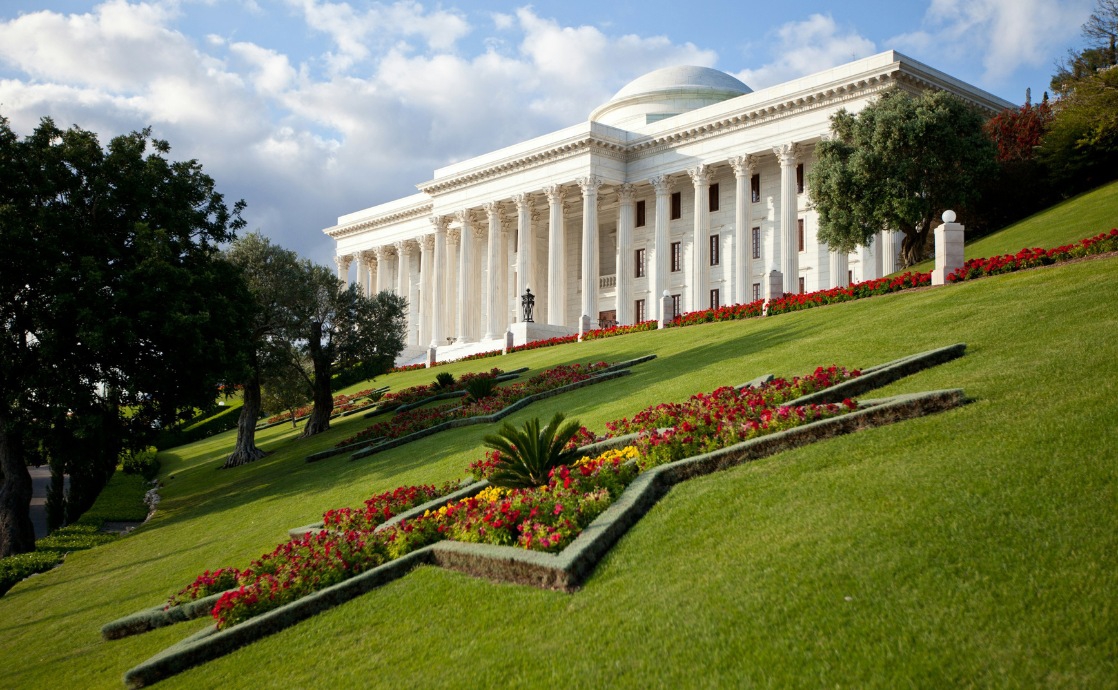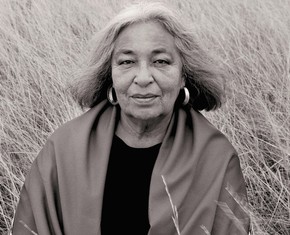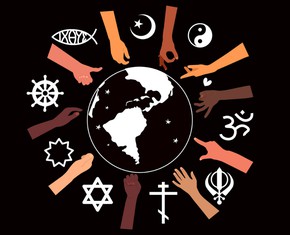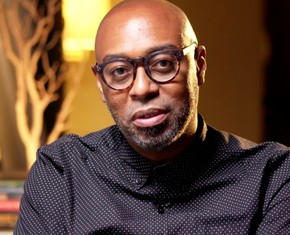The views expressed in our content reflect individual perspectives and do not represent the authoritative views of the Baha'i Faith.
In all religions and in all the world, the Universal House of Justice is unique – no question about it. The only democratically-elected global leadership body of any Faith, it has no peer or parallel.
But what is the Universal House of Justice, and what does it do, as a Baha’i institution? By way of an introduction, one official Baha’i website has this to say:
The Universal House of Justice is the international governing council of the Baha’i Faith. Its creation was ordained by Baha’u’llah.
Baha’u’llah conferred authority upon the Universal House of Justice to exert a positive influence on the welfare of humankind, to promote education, peace and global prosperity, and to safeguard human honour and the position of religion. It is charged with applying the Baha’i teachings to the requirements of an ever-evolving society and is thus empowered to legislate on matters not explicitly covered in the Faith’s Sacred Texts. The guidance provided by the Universal House of Justice ensures unity of thought and action in the Baha’i community as it learns to translate into reality Baha’u’llah’s vision for a spiritually and materially prosperous global civilization.
RELATED: Hope for the World: The Universal House of Justice
What makes the Universal House of Justice a unique institution? The description goes on to say:
The Universal House of Justice is unique in religious history. Never before has a Manifestation of God explicitly ordained the establishment of an institution with the mandate to maintain the integrity and flexibility of His religion, safeguard the unity and guide the activities of His followers, and exert a beneficial influence on the life of society.
By virtue of the authority invested in it by Baha’u’llah, the Universal House of Justice sits as the head of an administrative order whose features, authority and mode of functioning are clearly enunciated in the Sacred Writings. The work of the institutions of this administrative order is characterized by an ethos of loving service, focused as it is on the development of human potential and the advancement of civilization.
Of course, the Baha’is have no clergy, ministry, or priestly hierarchy – so let’s see how Abdu’l-Baha described this, in a 1912 speech he gave in New York, as a new and distinctive Baha’i principle:
The eleventh teaching is the organization called, The House of Justice, which is endowed with a political as well as a religious aspect. It embodies both aspects, and it is protected by the Preserving Power of [Baha’u’llah] Himself. A Universal, or World House of Justice shall be organized. That which it orders shall be the Truth In explaining the Commands of [Baha’u’llah], and that which the House of Justice ordains concerning the Commands of [Baha’u’llah] shall be obeyed by all.
As a Baha’i and a practicing attorney, I’m naturally curious to know how the Universal House of Justice sees its own functions and roles in the world today. Anyone can learn by consulting its Constitution, the founding document drafted soon after the first election of the body in 1963. It reads, in part:
Among the powers and duties with which the Universal House of Justice has been invested are:
To ensure the preservation of the Sacred Texts and to safeguard their inviolability; to analyse, classify, and coordinate the Writings; and to defend and protect the Cause of God and emancipate it from the fetters of repression and persecution;
To advance the interests of the Faith of God; to proclaim, propagate and teach its Message; to expand and consolidate the institutions of its Administrative Order; to usher in the World Order of Baha’u’llah; to promote the attainment of those spiritual qualities which should characterize Baha’i life individually and collectively; to do its utmost for the realization of greater cordiality and comity amongst the nations and for the attainment of universal peace; and to foster that which is conducive to the enlightenment and illumination of the souls of men and the advancement and betterment of the world;
To enact laws and ordinances not expressly recorded in the Sacred Texts; to abrogate, according to the changes and requirements of the time, its own enactments; to deliberate and decide upon all problems which have caused difference; to elucidate questions that are obscure; to safeguard the personal rights, freedom and initiative of individuals; and to give attention to the preservation of human honour, to the development of countries and the stability of states;
To promulgate and apply the laws and principles of the Faith; to safeguard and enforce that rectitude of conduct which the Law of God enjoins; to preserve and develop the Spiritual and Administrative Centre of the Baha’i Faith, permanently fixed in the twin cities of Akka and Haifa; to administer the affairs of the Baha’i community throughout the world; to guide, organize, coordinate and unify its activities; to found institutions; to be responsible for ensuring that no body or institution within the Cause abuse its privileges or decline in the exercise of its rights and prerogatives; and to provide for the receipt, disposition, administration and safeguarding of the funds, endowments and other properties that are entrusted to its care;
To adjudicate disputes falling within its purview; to give judgement in cases of violation of the laws of the Faith and to pronounce sanctions for such violations; to provide for the enforcement of its decisions; to provide for the arbitration and settlement of disputes arising between peoples; and to be the exponent and guardian of that Divine Justice which can alone ensure the security of, and establish the reign of law and order in, the world.
RELATED: International Convention: Electing the Universal House of Justice
The primary functions of the Universal House of Justice are to oversee and administer the affairs of the Baha’i community worldwide.
Beyond that, it has no political prerogatives whatsoever, beyond exerting its influence, as the opportunity may occasionally arise, to “to safeguard the personal rights, freedom and initiative of individuals;” and to give attention to the preservation of human honor, to the development of countries and the stability of states, and to “to provide for the arbitration and settlement of disputes arising between peoples; and to be the exponent and guardian of that Divine Justice which can alone ensure the security of, and establish the reign of law and order in, the world.”
Such is the unique role of the Universal House of Justice, which altruistically acts in the best interests of humanity, for the benefit and uplift of our emerging global civilization.
















Comments
Sign in or create an account
Continue with Googleor